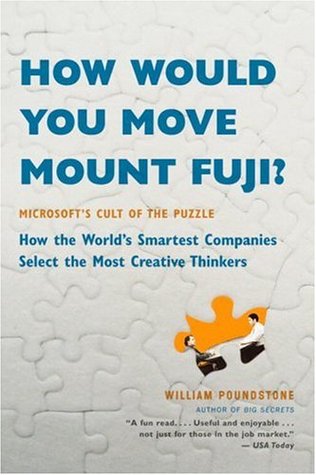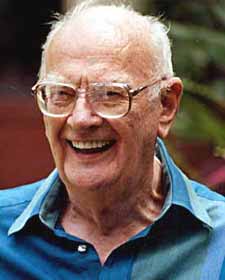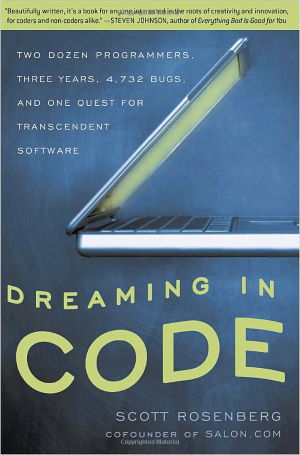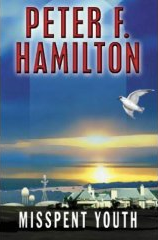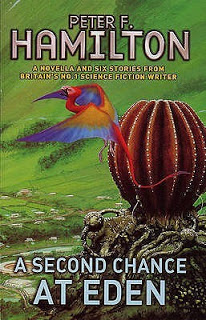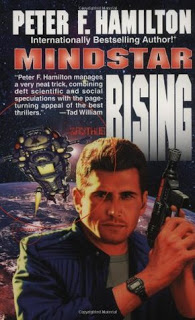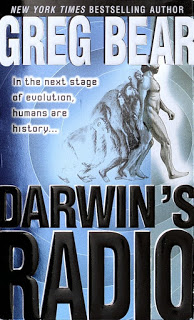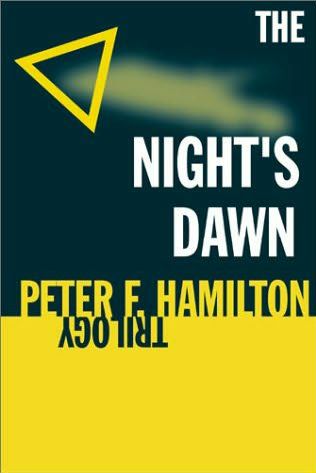Grendel by John Gardner
 Don't go all "Oh no, not another Beowulf remake!" on me. This is a book that was written in 1971 by John Gardner, presenting the story of Beowulf through the eyes of Grendel. But it is not really the same story, just uses it as a scaffold for the philosophical ideas that he wanted to expose.
Don't go all "Oh no, not another Beowulf remake!" on me. This is a book that was written in 1971 by John Gardner, presenting the story of Beowulf through the eyes of Grendel. But it is not really the same story, just uses it as a scaffold for the philosophical ideas that he wanted to expose.Structured into 12 chapters - each for a year in Grendel's life, each for a description of a philosophical current, each for an astrological sign - the book is not an easy one to understand, albeit pretty short. The language is modern and the wording is clear, but the underlying ideas need time and brain power to process, so don't read it in short bursts when you feel bored. Give it what it needs.
In the book, Grendel is not an animal monster, a thing with no thinking, quite the opposite. He is intelligent, articulate, philosophical, all these qualities being given to him at birth, not as a merit to anyone. He is hopelessly depressed and malevolent. He sees life and existence as meaningless, all the Universe a hollow illusion, a thing set to hurt him, set him apart, mock him. It is really easy to identify with him and to feel his feelings, while in the same time despise what he does and why he does it. Grendel is the part of us which we hate and which hates itself.
Enough, though, the book has bad parts as well. The occasional poem lyrics are meaningless in this book. The ending is confused and confusing. I would have liked a clearer ending, that's for sure. And also, it is hard to understand the book without at least knowing the Beowulf story and researching a bit from the Wikipedia article to find out what are the philosophical references hidden in each chapter. But then again, it was never a simple book, and the research (even if I haven't found time to do it) is worth it.
There was an animation film made in Australia in 1981 and featuring Peter Ustinov called Grendel Grendel Grendel which was based on the book, although I haven't been able to get my hands on it. It was partly musical as well, as expected in such a period, ugh!
If you are interested in finding out more about the meanings in the book and discussing about it, here is a link: The Grendel Board.
